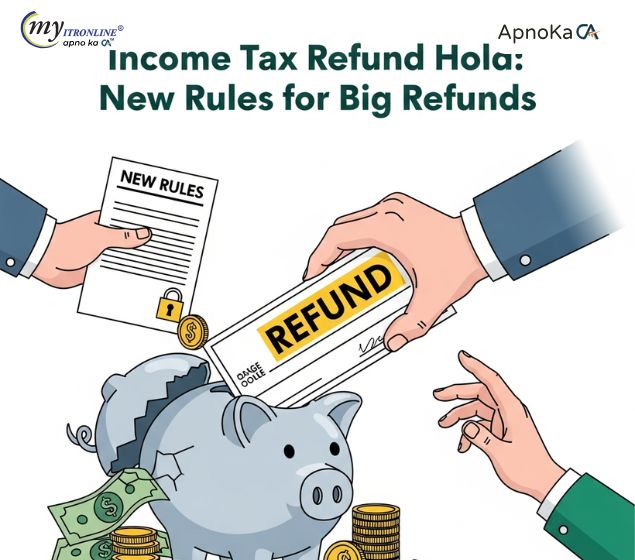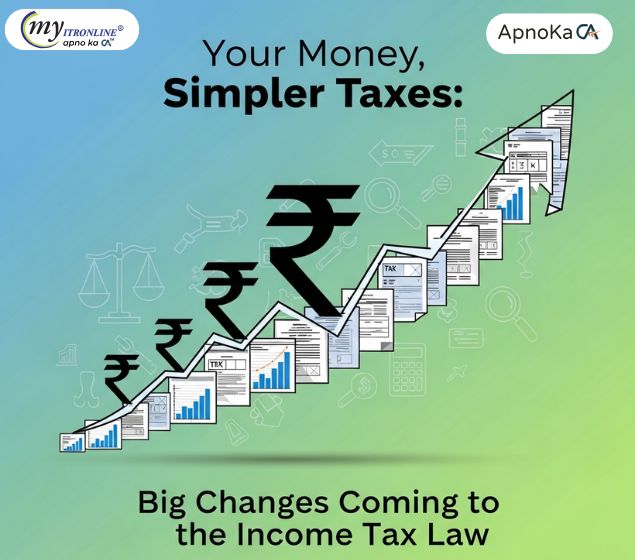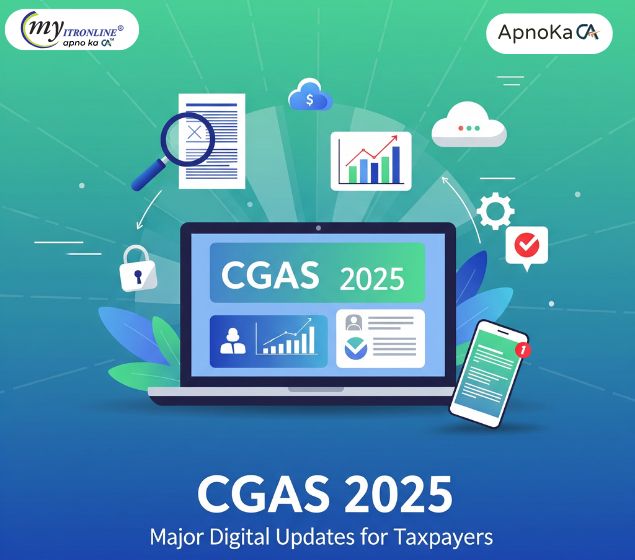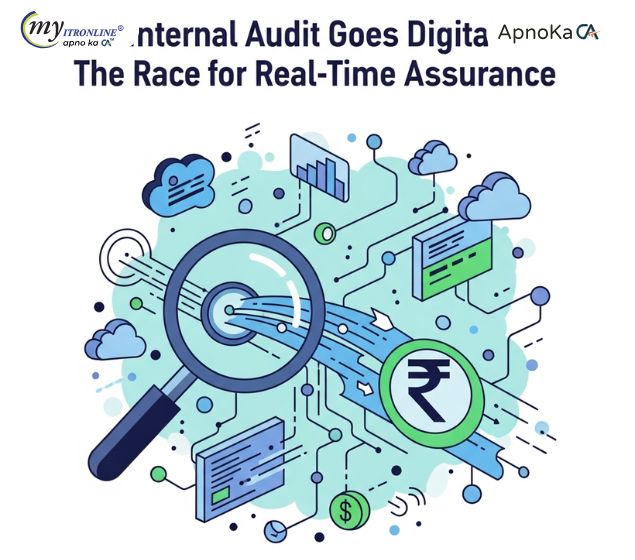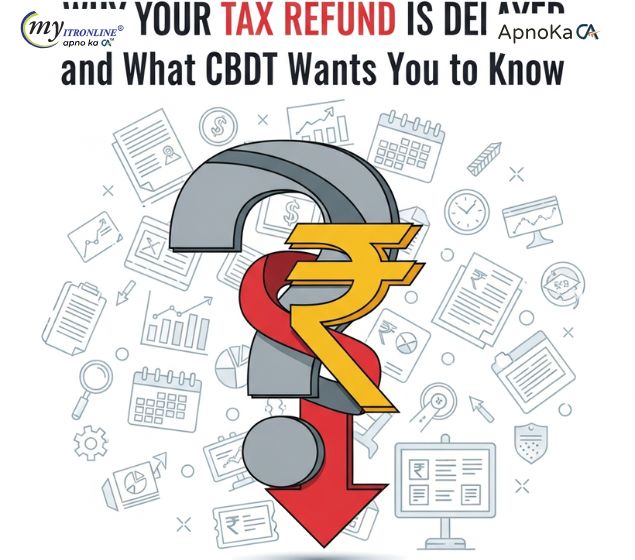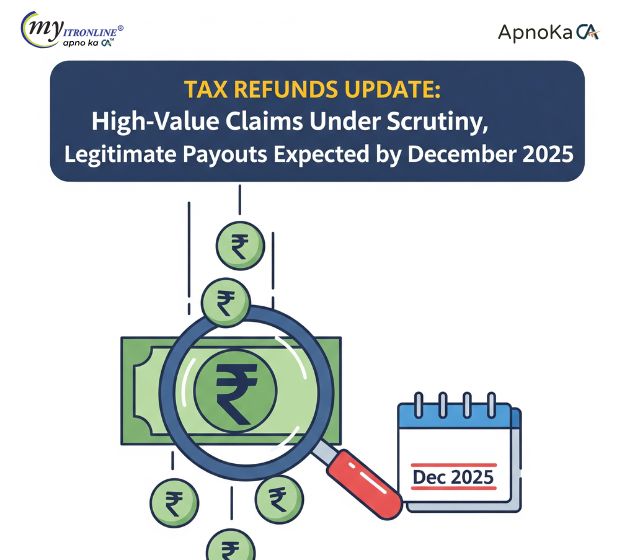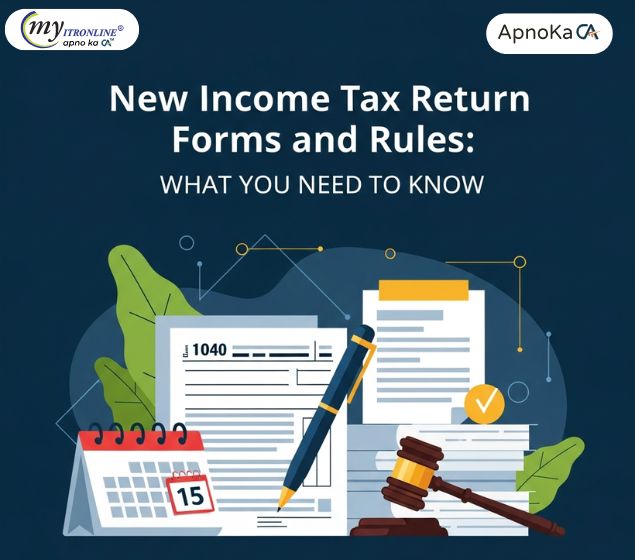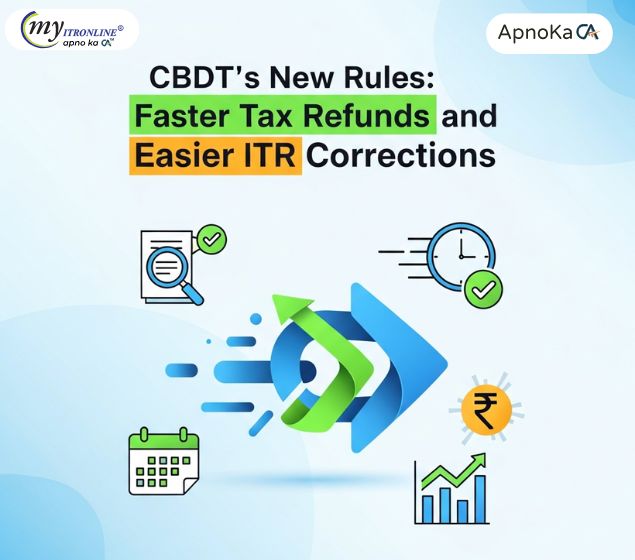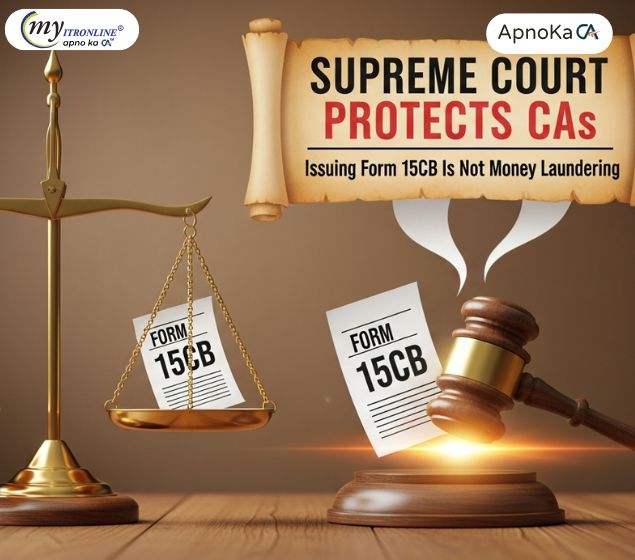Cash Transaction Rules (269SS, 269T, 269ST): What Every Indian Taxpayer Needs to Know
This blog post provides a comprehensive yet easy-to-understand guide to Sections 269SS, 269T, and 269ST of the Indian Income Tax Act. It explains the rules regarding accepting and repaying cash loans/deposits (above ₹20,000) and receiving cash amounts (above ₹2 lakh) for various transactions. The post emphasizes the severe penalties (100% of the amount) for non-compliance, clarifies exemptions, and details how these transactions are reported in Form 3CD during a tax audit. It concludes with practical takeaways for taxpayers to ensure compliance and avoid issues.
.jpg )
In today's digital world, the Indian Income Tax Act focuses on cash transactions to reduce black money and promote transparency. Key provisions include Sections 269SS, 269T, and 269ST. If you’re running a business or handling significant personal financial transactions, understanding these sections is crucial to avoid hefty penalties during your tax audit.
This blog post will explain these sections in simple terms and highlight what you need to know for tax audit reporting.
Why the Fuss About Cash?
Imagine a world where all financial transactions happen in cash. Tax authorities would struggle to track income and spending, leading to widespread tax evasion. To counter this, the government introduced these sections to encourage transactions through banks, making them traceable and accountable.
Section 269SS: Don't Accept Large Cash Loans or Deposits!
This section addresses receiving money. Simply put, you cannot accept a loan, deposit, or any "specified sum" of ₹20,000 or more in cash.
What does this mean for you?
- Loans & Deposits: If someone wants to give you a loan or deposit of ₹20,000 or more, it must be through an account payee cheque, account payee bank draft, or electronic methods like NEFT, RTGS, UPI, etc.
- "Specified Sum": This term includes any advance related to the transfer of immovable property, regardless of whether the transfer actually occurs.
- Aggregation is Key: The ₹20,000 limit applies not just to a single transaction but to the total of loans, deposits, or specified sums from the same person. For instance, if you receive ₹15,000 in cash as a loan and then accept another ₹6,000 from the same person in cash (totaling ₹21,000), you've violated Section 269SS. This also applies if you have an existing cash loan and accept a new cash loan, and the total exceeds ₹20,000.
Who is exempt?
- Transactions with the Government, banks, post office savings banks, cooperative banks, government companies, and certain notified institutions.
- In specific emergencies, provided there's no intent to evade tax, and you can show a reasonable cause.
- Partners contributing capital to a partnership firm (ensure it's truly capital and not a loan).
The Penalty: If you violate Section 269SS, you could face a penalty equal to the amount of the cash loan or deposit accepted. Yes, that's a 100% penalty!
Section 269T: Don't Repay Large Cash Loans or Deposits!
This section mirrors 269SS but focuses on repaying money. You cannot repay a loan, deposit, or "specified advance" of ₹20,000 or more in cash.
What does this mean for you?
- If you're repaying a loan or deposit (including interest) of ₹20,000 or more, the repayment must be made through an account payee cheque, account payee bank draft, or electronic methods.
- Similar to 269SS, the limit applies to the total outstanding amount with the same person.
Who is exempt?
- Repayments to the Government, banks, post office savings banks, cooperative banks, government companies, and certain notified institutions.
The Penalty: If you violate Section 269T, you could face a penalty equal to the amount of the cash loan or deposit repaid. Again, a 100% penalty!
Section 269ST: The ₹2 Lakh Cash Receipt Rule!
This section, introduced in 2017, covers most cash receipts. You cannot receive an amount of ₹2 lakh or more in cash:
- From a single person in a single day.
- For a single transaction.
- For transactions related to one event or occasion from a single person.
What does this mean for you?
- Daily Limit: If a customer buys goods worth ₹2.5 lakh from you, you cannot accept the entire amount in cash, even if it's for one bill.
- Single Transaction: Even if the payment is split across several days, if it relates to one transaction and exceeds ₹2 lakh, it cannot be received in cash.
- One Event/Occasion: If someone pays you for services for an event (like catering for a wedding), and the total cash payment for that occasion exceeds ₹2 lakh, this is a violation, even if received in parts.
Who is exempt?
- Receipts by the Government, banking companies, post office savings banks, and cooperative banks.
- Transactions already covered by Section 269SS (loans and deposits).
- Any other person or group notified by the Central Government.
The Penalty: If you violate Section 269ST, you could face a penalty equal to the cash amount received improperly. Yes, another 100% penalty!
The Tax Audit Reporting Angle (Form 3CD)
For businesses and professionals subject to a tax audit (under Section 44AB), compliance with these sections is reported in Form 3CD, the statement of particulars that must accompany the audit report.
- Clause 31 of Form 3CD requires the tax auditor to report details of any transactions that violate Sections 269SS and 269T. This includes:
- Name, address, and PAN (if available) of the lender, depositor, or payee.
- Amount of loan or deposit accepted or repaid.
- Maximum amount outstanding during the year.
- Whether the transaction was done by cheque, bank draft, or electronic system, and if it was an "account payee" instrument.
- While Section 269ST is not directly mentioned in a specific sub-clause of Clause 31, auditors are expected to report any violations of this section, usually under relevant general clauses or through observations. It's crucial for taxpayers to keep proper records of all cash receipts to show compliance.
Important Takeaways for Taxpayers:
- Go Digital! The easiest way to comply with these sections and avoid penalties is to conduct all major transactions through banking methods (cheques, bank transfers, UPI, credit/debit cards).
- Know Your Limits: Remember the ₹20,000 limit for loans, deposits, and repayments, and the ₹2 lakh limit for general cash receipts.
- Aggregate Matters: Avoid trying to sidestep the limits by splitting one transaction or multiple transactions with the same person into smaller cash amounts. The total amount counts!
- Maintain Records: Keep detailed records of all financial transactions, especially cash ones. This documentation can be crucial in proving "reasonable cause" if you get a penalty notice.
- Consult a Professional: If you're unsure about how these sections apply to a specific transaction, always talk to a Chartered Accountant or tax advisor. They can help you stay compliant.
- "Reasonable Cause" Defense: Though penalties are severe, Section 273B of the Income Tax Act allows for a waiver if you can show there was a "reasonable cause" for not complying. However, this is decided case-by-case by tax authorities, and a strong, well-documented reason is important.
Conclusion
Sections 269SS, 269T, and 269ST are vital parts of India's efforts to improve transparency in financial transactions and reduce black money. While penalties for non-compliance are large, understanding these provisions and using digital payment methods can help you avoid trouble during your tax audit. Stay informed, stay compliant, and keep your financial records clear.
FILING YOUR INCOME TAX RETURN F.Y 2024-25 (A.Y. 2025-2026) WITH MYITRONLINE
The income tax filing deadline is right around the corner. If you haven’t filed yet, do it today with Myitronline! Avoid last minute rush and file your tax return today on MYITRONLINE in Just 5 mins.(www.myitronline.com)
If you are looking for eCA assistance to file your income tax return/ GST, you can opt for MYITRONLINE eCA assisted plan starting
Upload Salary Individual Form-16
If you have any questions with filing your tax return, please reply to this mail. info@myitronline.com OR call 9971055886,8130309886.
Note-All the aforementioned information in the article is taken from authentic resources and has been published after moderation. Any change in the information other than fact must be believed as a human error. For queries mail us at marketing@myitronline.com
Krishna Gopal Varshney
An editor at apnokacaKrishna Gopal Varshney, Founder & CEO of Myitronline Global Services Private Limited at Delhi. A dedicated and tireless Expert Service Provider for the clients seeking tax filing assistance and all other essential requirements associated with Business/Professional establishment. Connect to us and let us give the Best Support to make you a Success. Visit our website for latest Business News and IT Updates.
Leave a reply
Your email address will not be published. Required fields are marked *Share this article
Krishna Gopal Varshney, Founder & CEO of Myitronline Global Services Private Limited at Delhi. A dedicated and tireless Expert Service Provider for the clients seeking tax filing assistance and all other essential requirements associated with Business/Professional establishment. Connect to us and let us give the Best Support to make you a Success. Visit our website for latest Business News and IT Updates.
View articles








